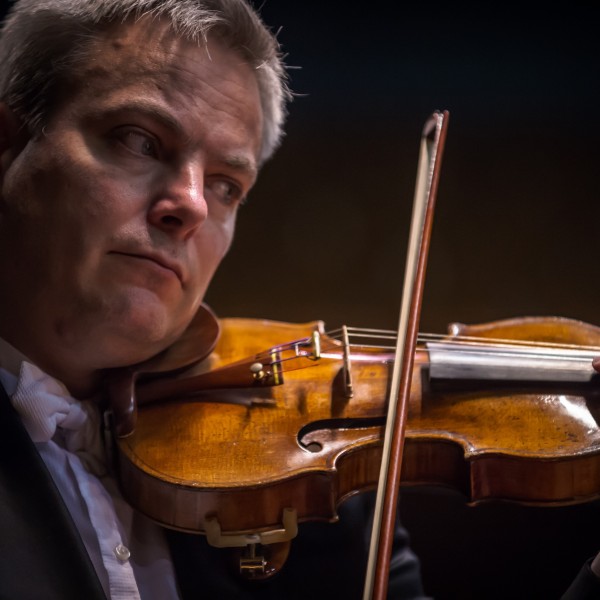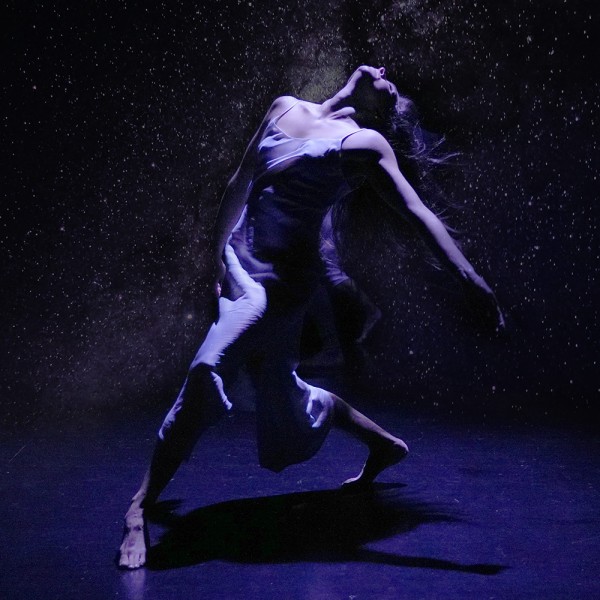
Solarise
Written by: Ruby Kemp
Directed by: Emily K Brown
Gryphon Theatre, 3rd Apr 2025
Reviewed by: Ruth Corkill
Solarise is an original musical from Wellingtonian Ruby Kemp that explores the impact of impending apocalypse on relationships, passion projects, and power structures. This musical feels like the love child of Don’t Look Up and Rent, both projects that contend with existential threats, and asks us to consider the fragility of human connections and the resilience of hope amid looming catastrophe.
The musicality and vocal styles, overseen by musical director Michael Stebbings and assistant musical director Stephen Clothier, and the selective use of movement and dance from choreographer Celia Macdonald, are in service of the storytelling and support narrative clarity. There are some off-key phrases, but the ensemble pieces are strong, especially the rock number We’re Gonna Riot. The offstage five-piece band are excellent.
Several actors are double cast or alternate between ensemble and character roles. Wardrobe (Emily K Brown) is used consistently to identify characters, allowing for quick transitions. The set, designed by Anne-Lisa Noordover, and props by Deb Maguire, are aesthetically consistent and ground the production in a gritty, believably untidy world. However, the cardboard radio feels out of place amid the other realistic set pieces. The use of a multi-set, with the workshop and home sets permanently in view and the central unlocalised acting area or plateau in the middle, is a smart choice that facilitates the frequent scene changes.
Lighting (Ruby Kemp) and sound design (Victoria Norgrove) are used unobtrusively and effectively support the narrative, with some lovely projections from Scott Maxim. Nonetheless, I feel these effects could be pushed further, especially since the characters frequently refer to auroras, and sequences featuring rocket launches and rioting could benefit from enhanced visual and auditory elements. Projections also help locate the action in time, an essential feature given that the narrative makes many time jumps back and forth within a five-year period.
The Wellington Footlights Society’s Solarise is an ambitious and heartfelt production. Ruby Kemp must be commended for conceiving of and creating a work of this scale.











